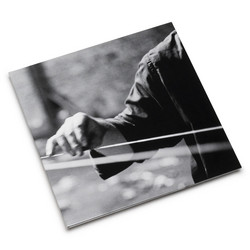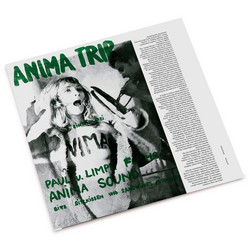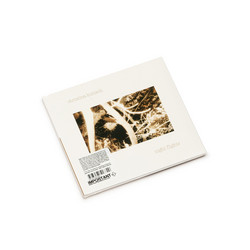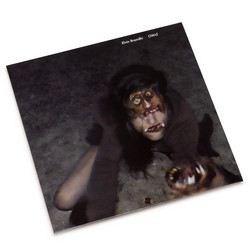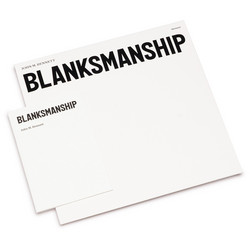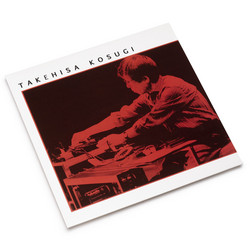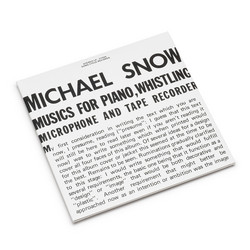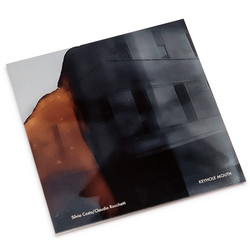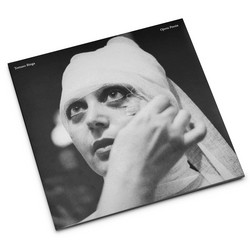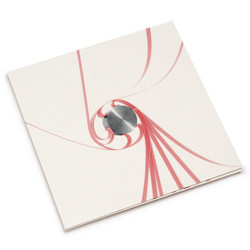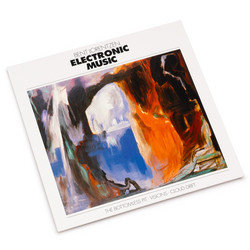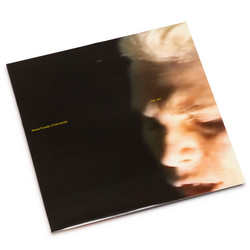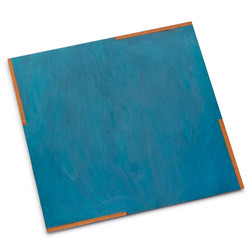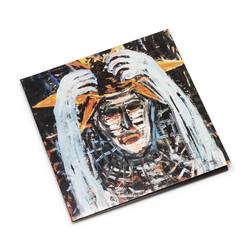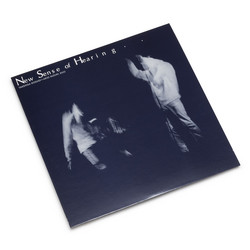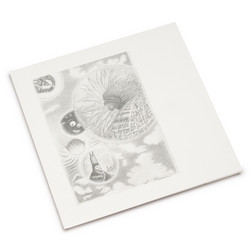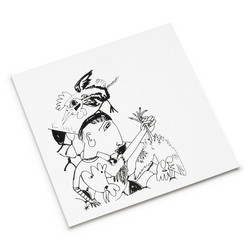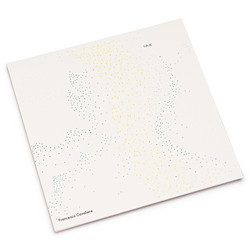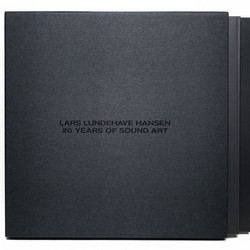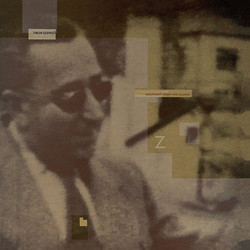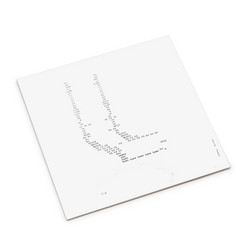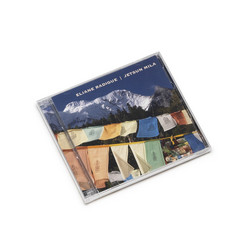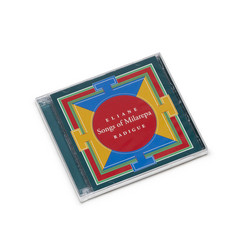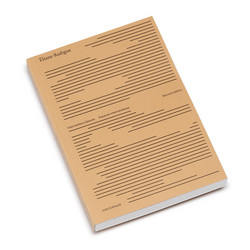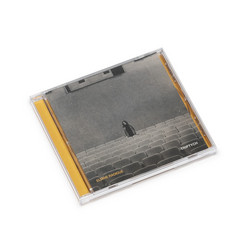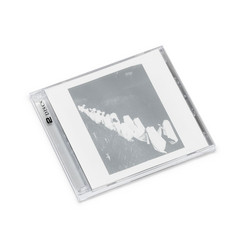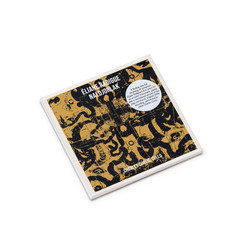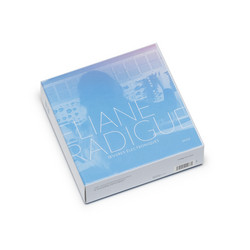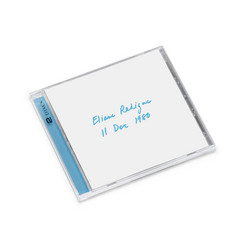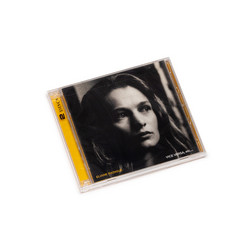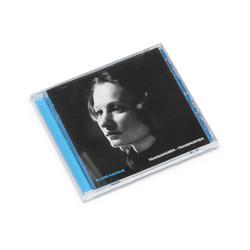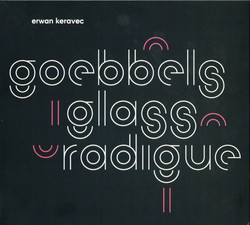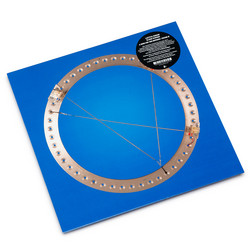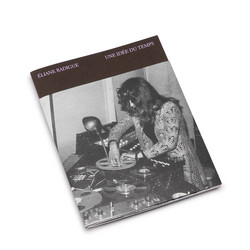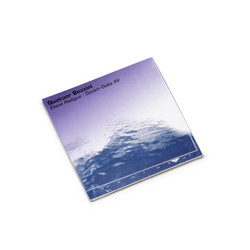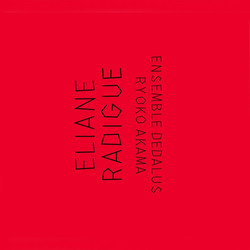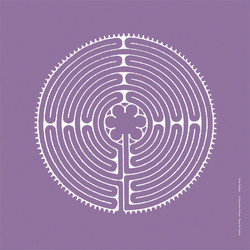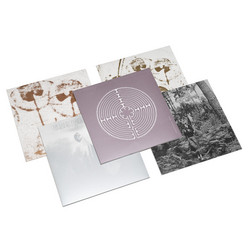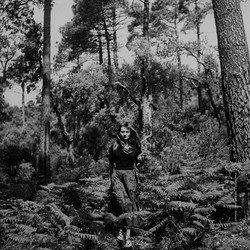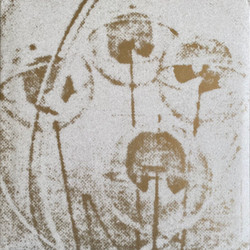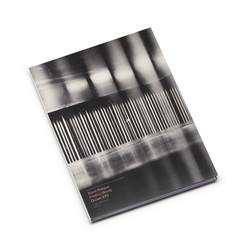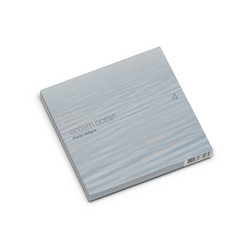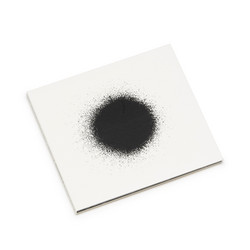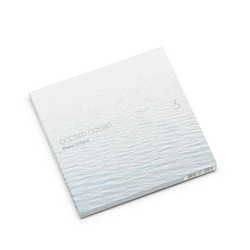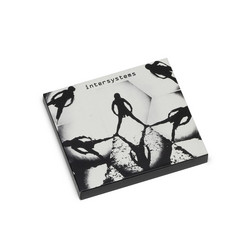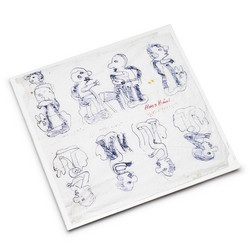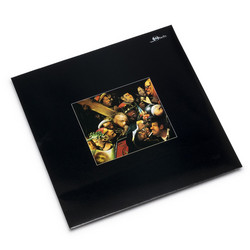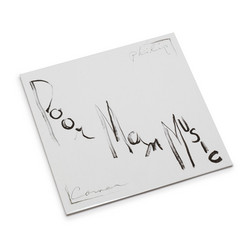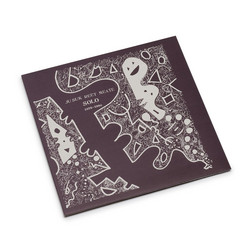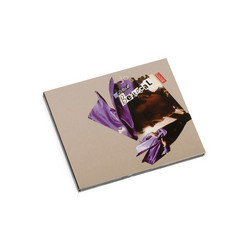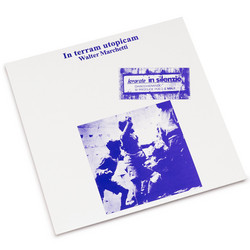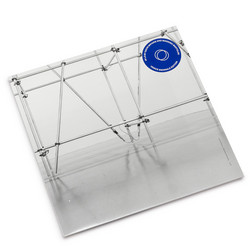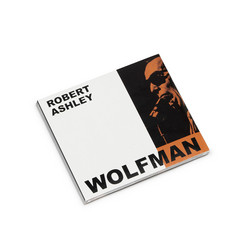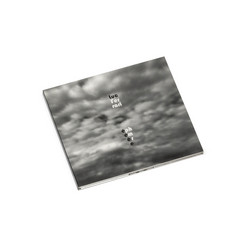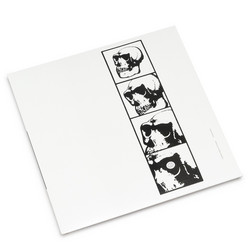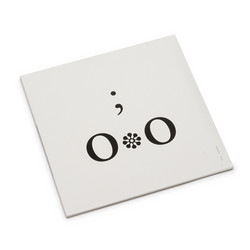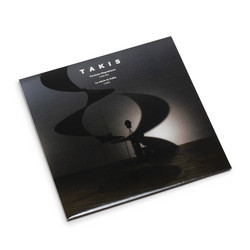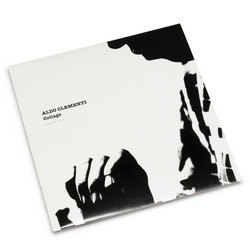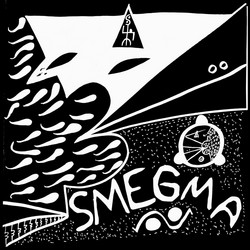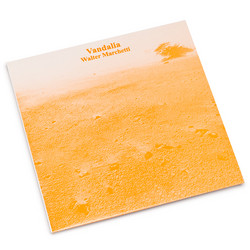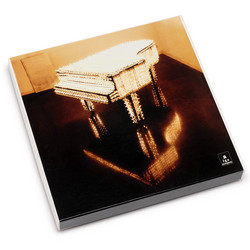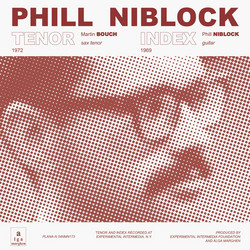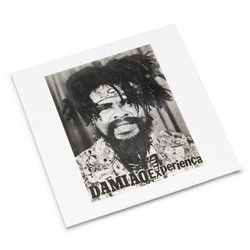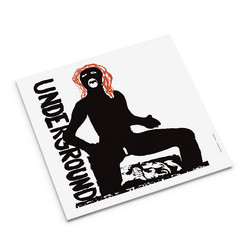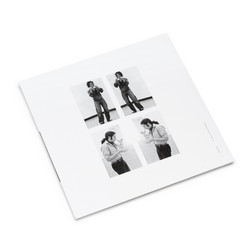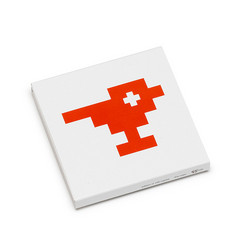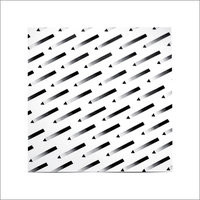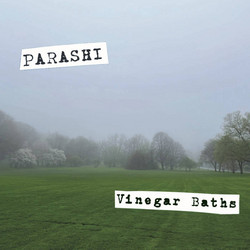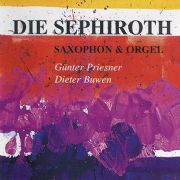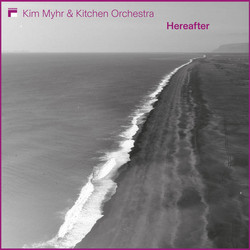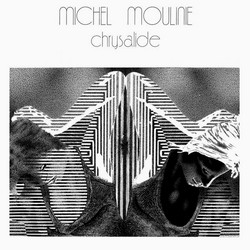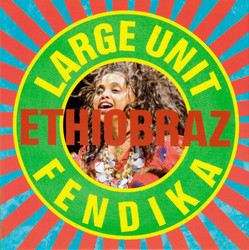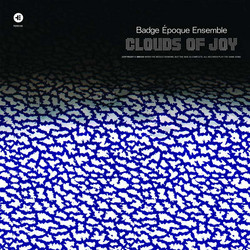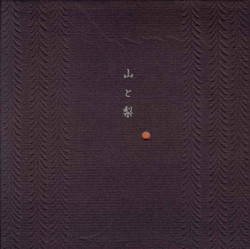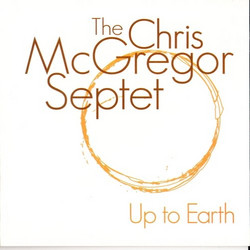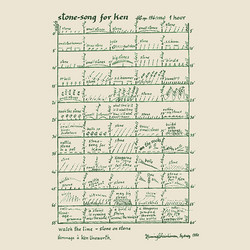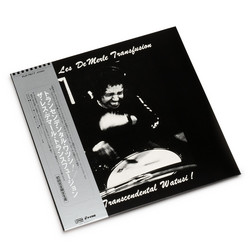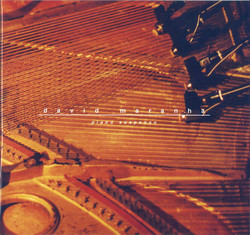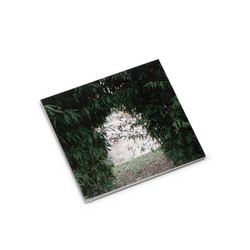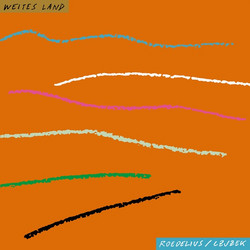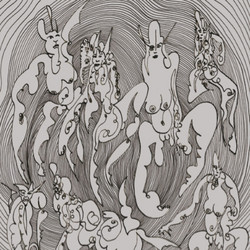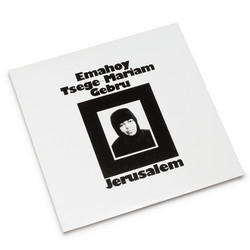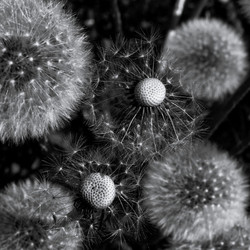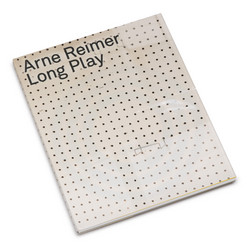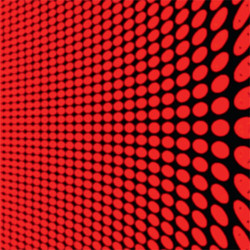* Limited Edition. Remastered, improved sound quality * There is no artist, working in the contemporary field of experimental sound, that is more important than the French composer Eliane Radigue. She is a shining light, who, for more than half a century, has quietly blazed trails with a body of work that is as creatively visionary as it is sublime. Back in the 2010s, Alga Marghen launched a crucial archival series, dedicated to some of Radigue’s earliest and previously unavailable works, many predating her first LP, 1983's Songs of Milarepa, by more than a decade. Among these was Opus 17, completed in 1970 and issued by Alga Marghen as a double LP in 2013. Out of print and highly sought after on the collectors market for nearly all of the years since, we’re thrilled to announce that the label has finally repressed the album in a very limited edition of 300 copies at Optimal Media in Germany for best possible audio quality. Easily among the most important work’s in Radigue’s career, it’s a thrilling sonic journey that lays at the foundation of her incredible practice over the ensuing years.
Born in 1932, Eliane Radigue began her musical endeavours in Paris during the late 1950s and early '60s, working under Pierre Schaffer and Pierre Henry, before quickly outstepping her mentors. Initially working predominantly with tapes, during the early 1970s she made the radical switch to modular synthesis, beginning a decades long exploration of the ARP 2500 that drew on her practice as a Buddhist and pushed the notions of musicality endlessly forward, taking the entire landscape of experimental sound with her through a series of sonic mediations that bound life and art.
Opus 17, completed in 1970, represents a crucial juncture in Radigue’s work. It is the last composition in her sonic oeuvre to have been created with feedback materials, before dedicating herself to modular synthesis. Created at the Artistic Center of Verderonne, through relatively rudimentary means, it can be regarded as the culmination of a practice that Radigue had cultivated and honed within her studio over proceeding years, rising as a panoramic voyage through remarkably detailed electronic phenomena.
Beginning with a captured fragment of piano music, over the course of nearly an hour and a half, Radigue works her magic, transforming her material source into an endlessly evolving expanse of sonority, shifting between durational passages of bubbling ambiences and bristling movements of atonal texture and pulsing tonality, at once harsh and granular, while possessing a striking quality of tactility, and entirely reimagining electronic music on her own terms.
Upon hearing the work shortly after her arrival in NY during 1970, Rhys Chatham recalls: “What I heard changed the course of my life as a composer. (...) That piece, an impressive source of inspiration, gave the impression of being in a grand cathedral, both for the sensation of immensity of being in such a large cathedral, as for the effect of being so close to God." More than 50 years later, Opus 17 hasn’t diminished in its powerful effect.
Finally repressed by Alga Marghen after years out of print, Opus 17 stands high among only a slim number of Radigue’s works that have been made available on vinyl, and is easily one of the most important in her entire career, revealing the groundwork for everything that has come since. A truly stunning work of monumental proportions, this pressing of 300 copies with improved audio won’t sit around for long. Absolutely essential for any fan of electronic music that missed it the first time around.
Realized at the composer's studio in Paris. Remastered, improved sound quality.
